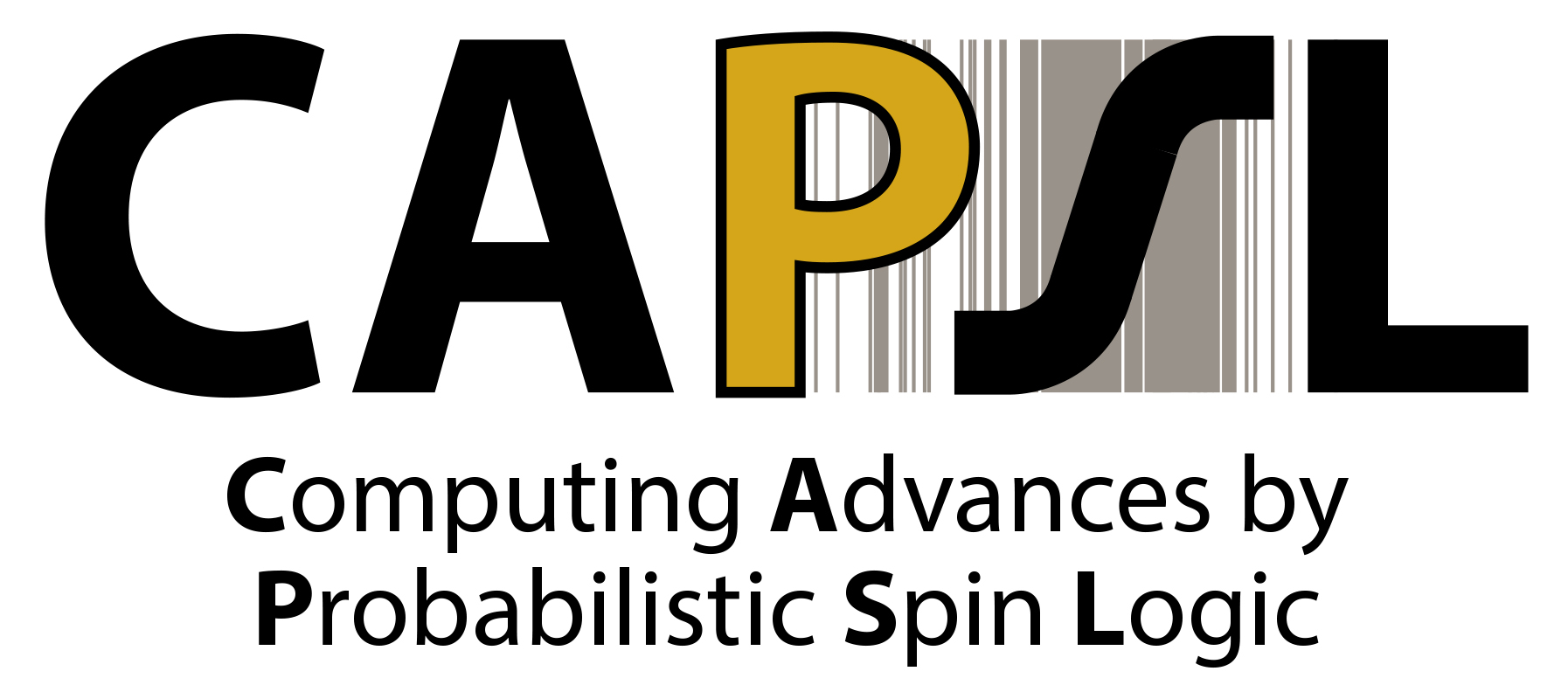NSF award will help Purdue researchers develop more effective, energy efficient computers

Purdue University researchers will use an award from the National Science Foundation to make computing more effective and energy efficient using “spins.”
Joerg Appenzeller, the Barry M. and Patricia L. Epstein Professor of Electrical and Computer Engineering at Purdue, will lead the effort. He says the newly formed Computing Advances by Probabilistic Spin Logic (CAPSL) center is approaching the problem by developing new hardware.
“Most other groups have worked on software implementations for probabilistic computing,” he says, “but not many have developed new hardware components to achieve more effective computing that uses much less energy in this way.”

CAPSL will use an NSF award to make computing more effective and energy efficient using “spins.”
Appenzeller says the goal is to lay the foundation for a new P(robabilistic)-computing platform, which can operate well at room temperature, while being able to solve complex problems. Appenzeller says the P-computers will be developed using unstable nano-magnets from various manmade materials that combine distinct electrical, mechanical and magnetic properties.
The funding for CAPSL is coming from the “Energy-Efficient Computing: from Devices to Architectures” (E2CDA) program, which is a joint Initiative between the NSF and the Semiconductor Research Corporation (SRC). The title of the funded work is: “Probabilistic Spin Logic for Low-Energy Boolean and Non-Boolean Computing." The effort looks to support new research that will minimize the energy impacts of processing, storing and moving data within future computing systems. CAPSL will receive roughly $3.7-million over three years from NSF and SRC combined.
Appenzeller is the Principal Investigator on the project. The team also consists of co-Principal Investigators from Purdue University, UC-Berkeley, University of Central Florida, and University of Minnesota.
